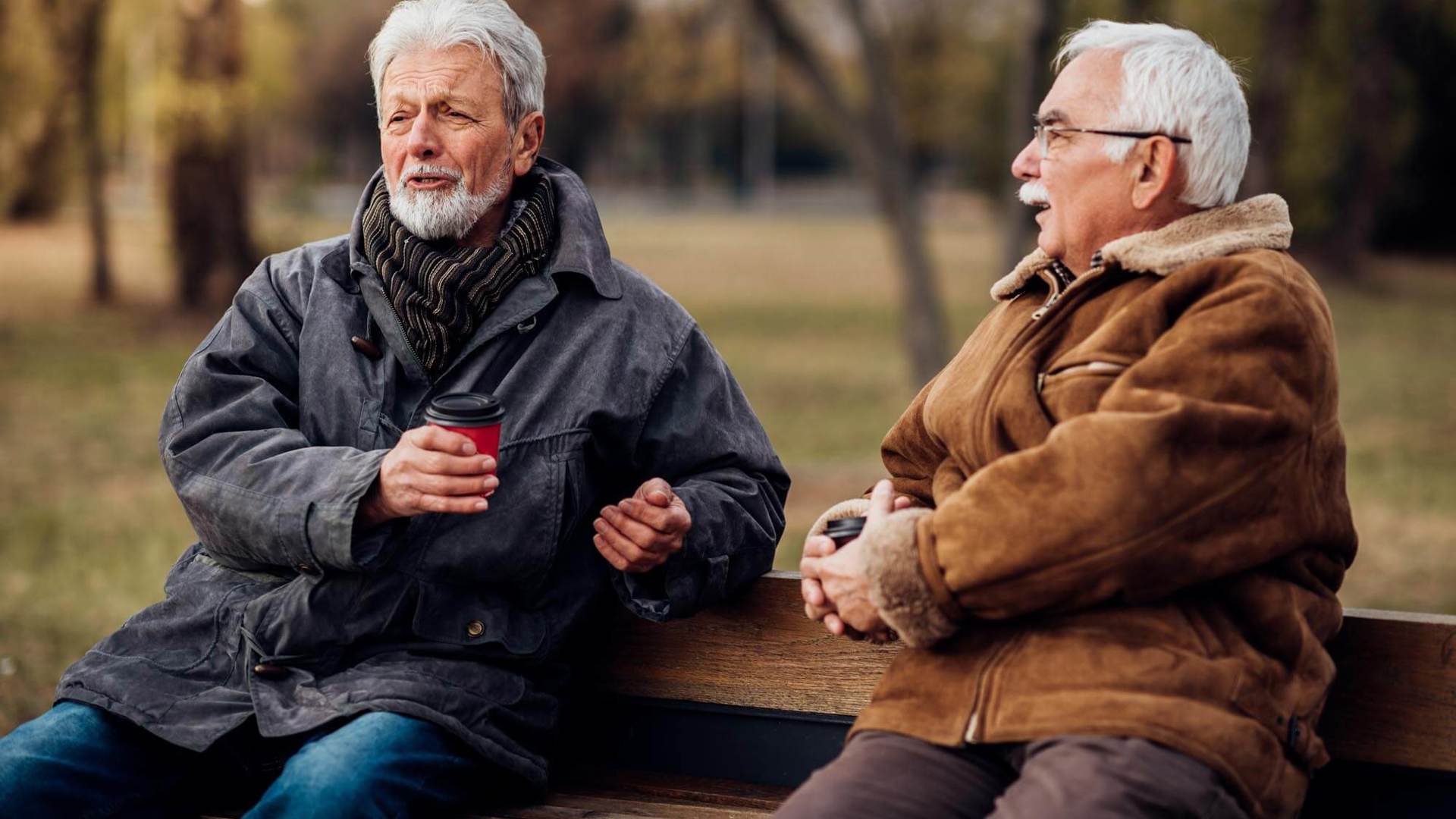
So what is it with men and therapy?
The statistics are clear, men are less likely to seek help or therapy and far more likely to suffer in silence or commit suicide. They are three times more likely in fact. Four out of five suicides are male (78 percent) and for men under 35 it’s the biggest cause of death. So what are we playing at?
Actually, play might have a part in it, or lack thereof. Genuine play that doesn’t involve results/goals/ competition/another bar to be assessed by. And contrary to what a lot of people expect of therapy it can be a space to play creatively with ideas about ourselves and who we think we are.
The good news is things are changing. 42 percent of men aged 18 to 32 view the therapy couch as an essential part of wellness, according to a 2014 millennial health survey. So, despite the boomers thinking millennials are triggered by everything, it seems they might be working on things rather than bottling it up.
We’ve traditionally been taught that we should be the strong, stoic providers and there is a tremendous pressure involved in providing financially for a family. Simply having a place to acknowledge that without it seeming ‘weak’ is incredibly liberating. Also, the working world is changing. Sharing that burden does not have to diminish us.
Middle-aged men in particular may feel stuck somewhere between the strong, silent male stereotype of their father’s generation and the more progressive and open generation of their son’s. Even if someone has come to therapy because their partner has told them they should, or they know that something is broken, there’s often still that sense of ‘should I be doing this? Why can’t I just man up?’ But that phrase itself is part of the trap. The loneliness of holding all that is the killer. Solitary confinement is used as a punishment for a reason.
We are beginning to disrupt the narrative around silent suffering and the expectations for men to be strong and quiet. I meet plenty of men who don’t talk to anyone about their feelings, so having a place to do that without the world collapsing or losing the sense of themselves as a man is a huge relief. And of course, I can totally relate as I did it myself. Evidence is showing that for men, the act of simply becoming more aware of how they engage with societal expectations of masculinity might be a step toward improved mental health.
It’s always been the stereotype that talking about feelings is a feminine thing, and we’re supposed to ‘fix things’ ourselves, but actually feelings don’t care about your gender; we experience them on a visceral level which developmentally and physiologically comes before all of those idea. This is again where the younger generations are perhaps pushing forward. As we are becoming more flexible in our concepts of gender and sexuality, we can change the narrative about what dictates male or female behaviours.
Feelings are just telling us something we need to listen to, not suppress. Learning to relate to them and ourselves differently, being curious about what they’re telling us, and establishing healthier ways of thinking about them, us, and our place in the world is not weakness. It can help us learn where we got our ideas of masculinity and ourselves from and decide if we want to keep or change them. And if we find ourselves at a point in life where nothing can be changed externally for now, then we can devise coping strategies to get us through. For some that’s enough of a sense of ‘fixing things’ to wait for a shift while we work on the internal.
Therapy seems to work best when there is openness, flexibility in thinking, and often in my experience the ability to use metaphor, stories, and humour (not the avoidant kind!), so we can look at the thoughts and feelings that have caused problems. Humour works best when it allows us to playfully look at the most difficult parts of being human. Our story about ourselves is just that, a story. And having the perspective to see ourselves through that lens can also give perspective to the related feelings.
We are taught we should be heroes but maybe the most heroic thing we can do is find out more about ourselves and challenge the fears that prevent us from being true to that, whatever it is. Even if our earlier decisions have led us to a place that isn’t in line with that, we can still forgive ourselves and learn from our decisions so we get better at living now.
For immediate help with suicidal thoughts:
In an emergency, call: 999
NHS (England), call: 111
NHS Direct (Wales), call: 0845 46 47
The Samaritans 24-hour helpline, call: 116 123
You can also listen to our podcast with UKCP member Stephen Westcott where we discuss the effects of isolation.
Share
Like most websites, we use cookies. If this is okay with you, please close this message or read more about your options.


